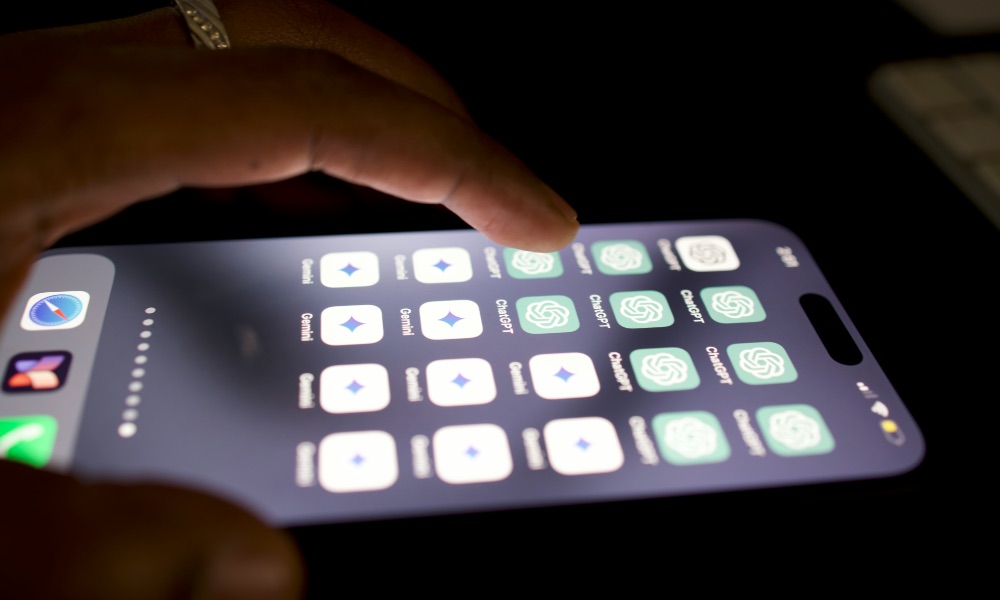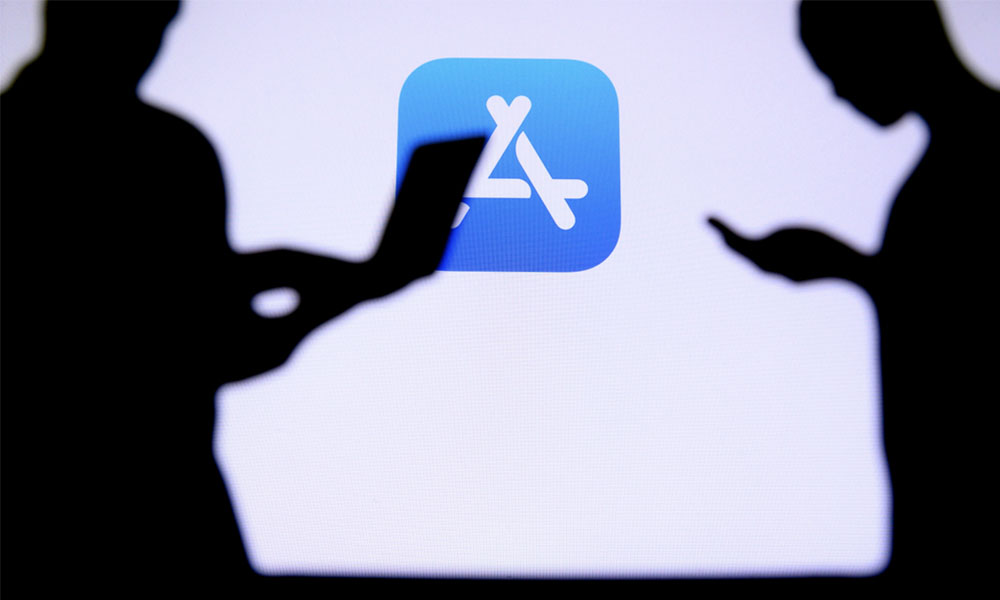Apple’s New App Store Rules Aim to Stamp Out Copycat Apps
 Solen Feyissa
Solen Feyissa
Toggle Dark Mode
Apple updated its App Review Guidelines this week with new rules to crack down on copycat apps, set interest limits on loan apps, and further clarify how user data is handled.
Apple periodically revises these to respond to changes and trends in the marketplace by adding new rules, updating existing ones, and, in some cases, clarifying some to make them clearer to developers.
As first noticed by 9to5Mac, Apple made nine changes to its App Review Guidelines on Thursday, including one intended to curb the flood of copycat apps that attempt to capitalize on the success of popular apps. A new paragraph in section 4.1, “Copycats,” reads:
(c) You cannot use another developer’s icon, brand, or product name in your app’s icon or name, without approval from the developer.
The update expands two rules Apple already had in place to block copycat developers and their apps:
(a) Come up with your own ideas. We know you have them, so make yours come to life. Don’t simply copy the latest popular app on the App Store, or make some minor changes to another app’s name or UI and pass it off as your own. In addition to risking an intellectual property infringement claim, it makes the App Store harder to navigate and just isn’t fair to your fellow developers.
(b) Submitting apps which impersonate other apps or services is considered a violation of the Developer Code of Conduct and may result in removal from the Apple Developer Program.
Copycat apps aren’t a new problem. Both the Apple App Store and Google Play Store have long struggled with fake apps masquerading as the real thing. Sometimes these are just clones trying to cash in on an app’s popularity, but they can often be malware or scams. Most recently, multiple developers flooded the App Store with clones and copycats of OpenAI’s Sora 2 app, overwhelming the App Store in the days following the release of the genuine app.
While Apple is generally able to respond quickly to copycat apps, one thing that makes it harder for Apple to catch these is that they’re seldom submitted as new apps. Instead, developers simply update the listing for an existing app to resemble a legitimate one — a process that bypasses the full review Apple applies to brand-new submissions.
Only time will tell whether this update will indeed result in fewer copycats on the App Store. After all, copycat apps have already long been covered by Apple’s Intellectual Property rules in section 5.2:
5.2.1 Generally: Don’t use protected third-party material such as trademarks, copyrighted works, or patented ideas in your app without permission, and don’t include misleading, false, or copycat representations, names, or metadata in your app bundle or developer name. Apps should be submitted by the person or legal entity that owns or has licensed the intellectual property and other relevant rights.
However, that’s done little to stem the tide. The new rule removes any ambiguity, signalling to developers that Apple will not tolerate copycat apps in any form.
Other Changes in the App Store Rules
Apple has made several other changes to its App Store rules to reflect new age-gating laws being passed in states like Texas, improve privacy when using web-based “mini-apps,” reduce financial risks, and ensure users are informed if an app is using their personal data to train AI models.
For example, changes in 1.2.1(a) and 4.7.5 require apps to identify content that exceeds the app’s age rating. This also applies to things like downloadable content (DLC), which is significant since DLC isn’t reviewed by Apple as part of the initial package submitted to the App Store.
Section 3.2.2(ix) effectively prohibits “predatory” loan apps by setting limits on interest rates (no more than 36% APR, including all fees) and prohibiting short-term repayment requirements of 60 days or less, while section 5.1.1(ix) now places crypto exchange apps into the “highly regulated” category, joining others like banking, healthcare, gambling, air travel, and legal cannabis use.
Section 4.7 makes it clear that mini apps and mini games created with HTML5 and JavaScript must follow the same privacy rules as native apps, including obtaining approval to access built-in features such as the camera or contacts.
Lastly, section 5.1.2(i) adds a new sentence stating that developers “must clearly disclose where personal data will be shared with third parties, including with third-party AI, and obtain explicit permission before doing so” to ensure users know if their personal data is being used to train an AI model or being sent to a service like ChatGPT.
The full App Review Guidelines are available on Apple’s site.








